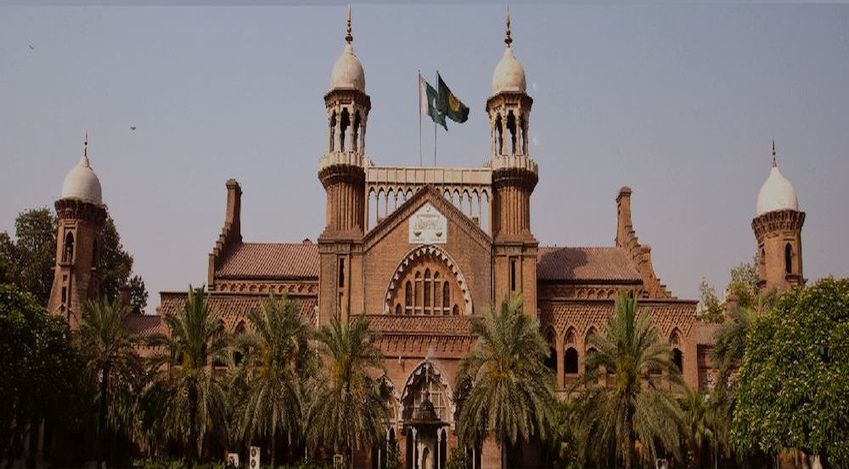“Incapacity to Appear” should be interpreted broadly and Earning a Livelihood Overseas Constitutes Valid Incapacity --- Lahore High Court, Lahore
Islamabad 06-12-2024: The Lahore High Court, in a significant decision, upheld the order of the Additional Sessions Judge, Hafizabad, granting permanent exemption to an accused, Rai Muhammad Aslam, from appearing in Court due to professional commitments abroad. The judgment reinforces the use of Section 540A of the Code of Criminal Procedure, 1898 (Cr.P.C.), to accommodate modern realities such as earning a livelihood overseas.
The Petitioner challenged the exemption granted to the accused, arguing that Section 540A of Cr.P.C. only allows temporary exemptions for reasons like illness or disability, not professional commitments. The accused, a British national, had sought permanent exemption, which the trial Court allowed, permitting his representation through legal counsel.
Mr. Justice Muhammad Amjad Rafiq emphasized the enabling nature of Section 540A, Cr.P.C., noting its intent to balance the rights of the accused, co-accused, and the Court. The Court observed that “incapacity to appear” should be interpreted broadly, encompassing professional obligations abroad.
The judgment referred to landmark case laws, including Haji Aurangzeb Vs. Mushtaq Ahmad (PLD 2004 Supreme Court 160) and Muhammad Nawaz Vs. The State (2015 PCr.LJ 58), which supported the interpretation that earning a livelihood overseas constitutes valid incapacity.
The Lahore High Court also underscored the growing reliance on technology in Court proceedings. Mr. Justice Muhammad Amjad Rafiq highlighted that virtual attendance via video conferencing aligns with constitutional mandates for inexpensive and expeditious justice under Article 37(d). The Court cited Meera Shafi Vs. Ali Zafar (PLD 2023 Supreme Court 211) and Khawaja Anwer Majid Vs. NAB (PLD 2020 Supreme Court 635) as precedents supporting virtual participation.
While acknowledging the potential delays caused by exemptions, the Court clarified that provisions under Cr.P.C. allow for measures such as recalling the accused or issuing warrants if necessary. The Court emphasized that exemptions should facilitate, not obstruct, the trial process.
The judgment reinforces flexibility in criminal procedure to address modern realities while safeguarding judicial integrity. By upholding the exemption, the Lahore High Court demonstrated a progressive approach, ensuring justice without compromising procedural efficiency.
The Petition challenging the exemption was dismissed, with the Lahore High Court affirming the trial Court’s decision. The Court highlighted that the exemption does not preclude the trial Court from recalling the accused if necessary.
Powered by Froala Editor








